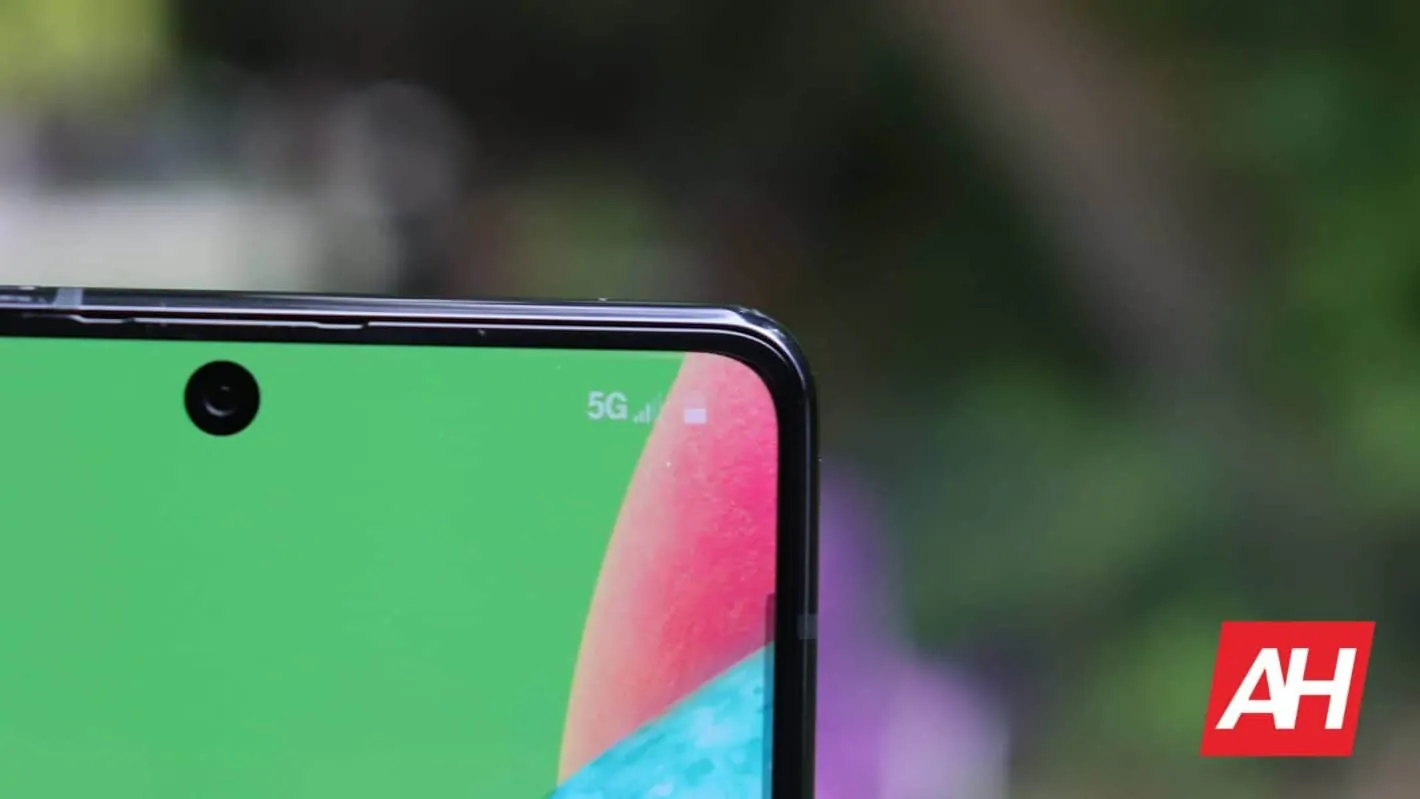T-Mobile has been misleading consumers on at least some of its 5G claims, recent reports indicate. The reports follow a review and recommendations from the National Advertising Division (NAD) of BBB National Programs. According to the NAD, T-Mobile can legitimately claim its 5G is faster. But it needs to stop making at least 3 other claims, if it wants to be honest.
The claims against T-Mobile’s advertising were brought by Verizon, which currently doesn’t utilize the same technology for 5G as T-Mobile. And, as a result, has undeniably faster peak speeds but a severely diminished coverage area.
What are the disputed T-Mobile 5G claims?
The NAD did determine that T-Mobile’s disputed advertising claims are at least partially true. Namely, those are T-Mobile’s claims that its 5G service iss faster than both its own and competitors’ 4G. T-Mobile also rightly claims to, at present, have a better service coverage area than competitors. But it has not, the agency determined, supported its other claims about 5G nearly well enough.
For instance, the NAD is recommending that T-Mobile stop claiming that its 5G service is generally available. Specifically, that’s in areas that have a difficult time receiving cell service. Conversely, the company has been advised to more “clearly and conspicuously” displose both the performance and area maps that it includess in its advertising. Claims along those lines greatly exaggerate the reliability of its network compared to others.
Alongside those recommendations, T-Mobile has been told to stop mischaracterizing its competitors’ coverage. For instance, at least one advertisement claimed that competing 5G services sometimes cover an area as small as “a single bench.”
The factually inaccurate claim is obviously geared at Verizon, since AT&T also has a nationwide-classified 5G network.
Does this bear any weight?
Now, on its surface, NAD is a self-regulating regulatory body that takes a look at the veracity of advertisements on request. That, in and of itself, doesn’t necessarily mean that T-Mobile will be forced to alter its ads. But the organization can and does report out to other agencies that bring more clout too. That includes the FTC and that agency does sometimes bring significant consequences to the table for false advertising.
T-Mobile, for its part, appears to be skating around the edge of making false claims and could, if it continues to be misleading about 5G, face heavier consequences. For the time being, the mobile service provider is said to be prepared to challenge the decision via an appeal.

